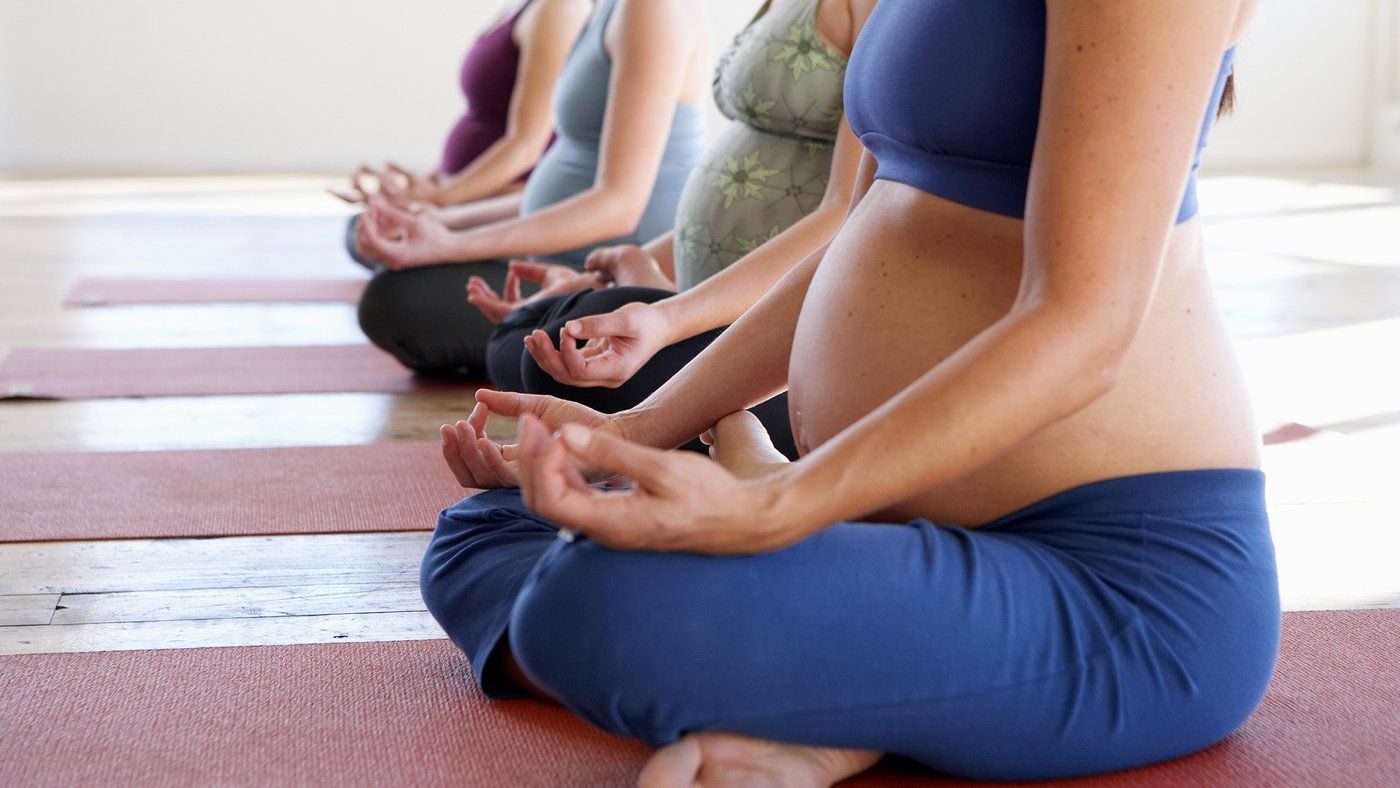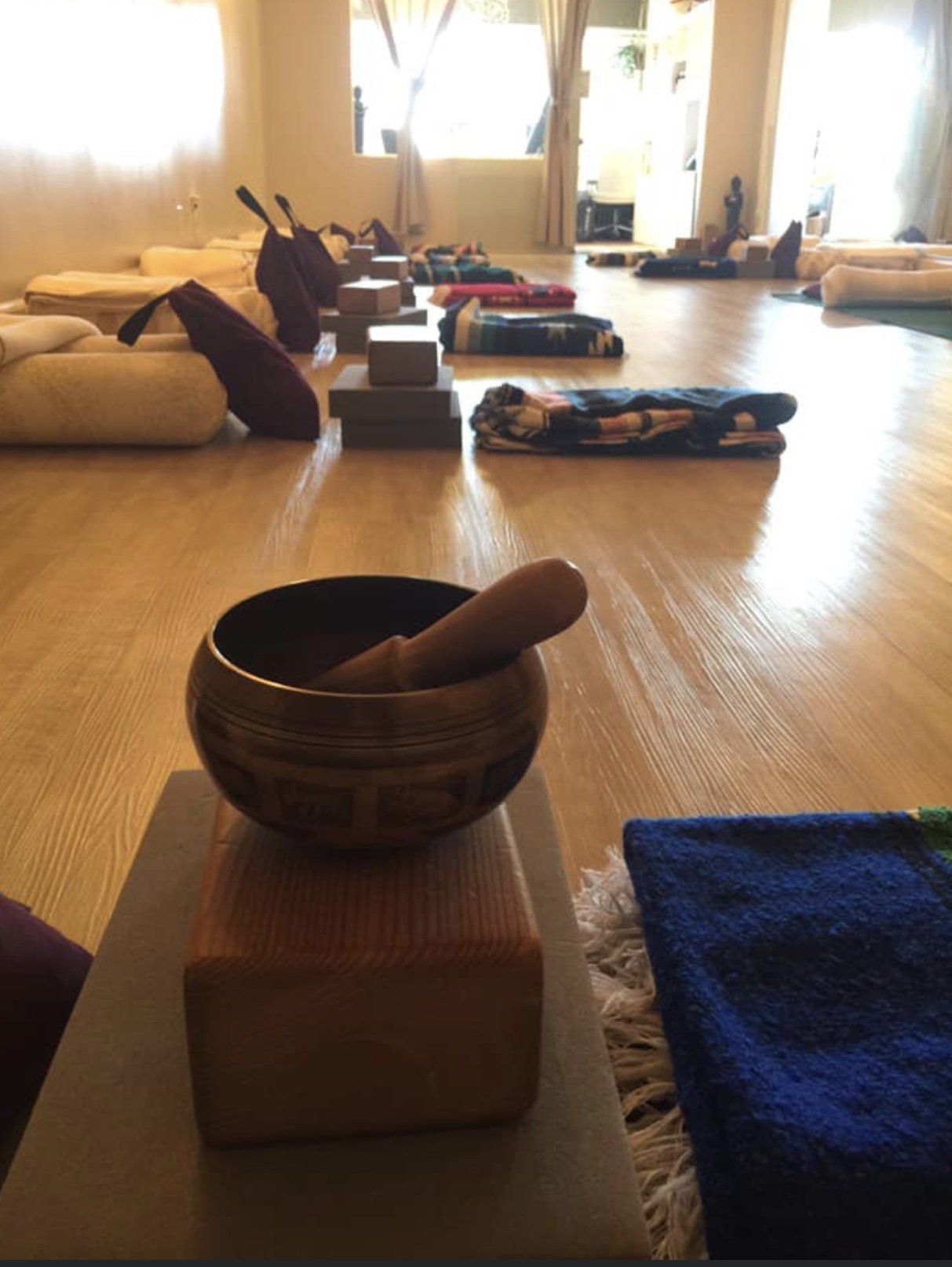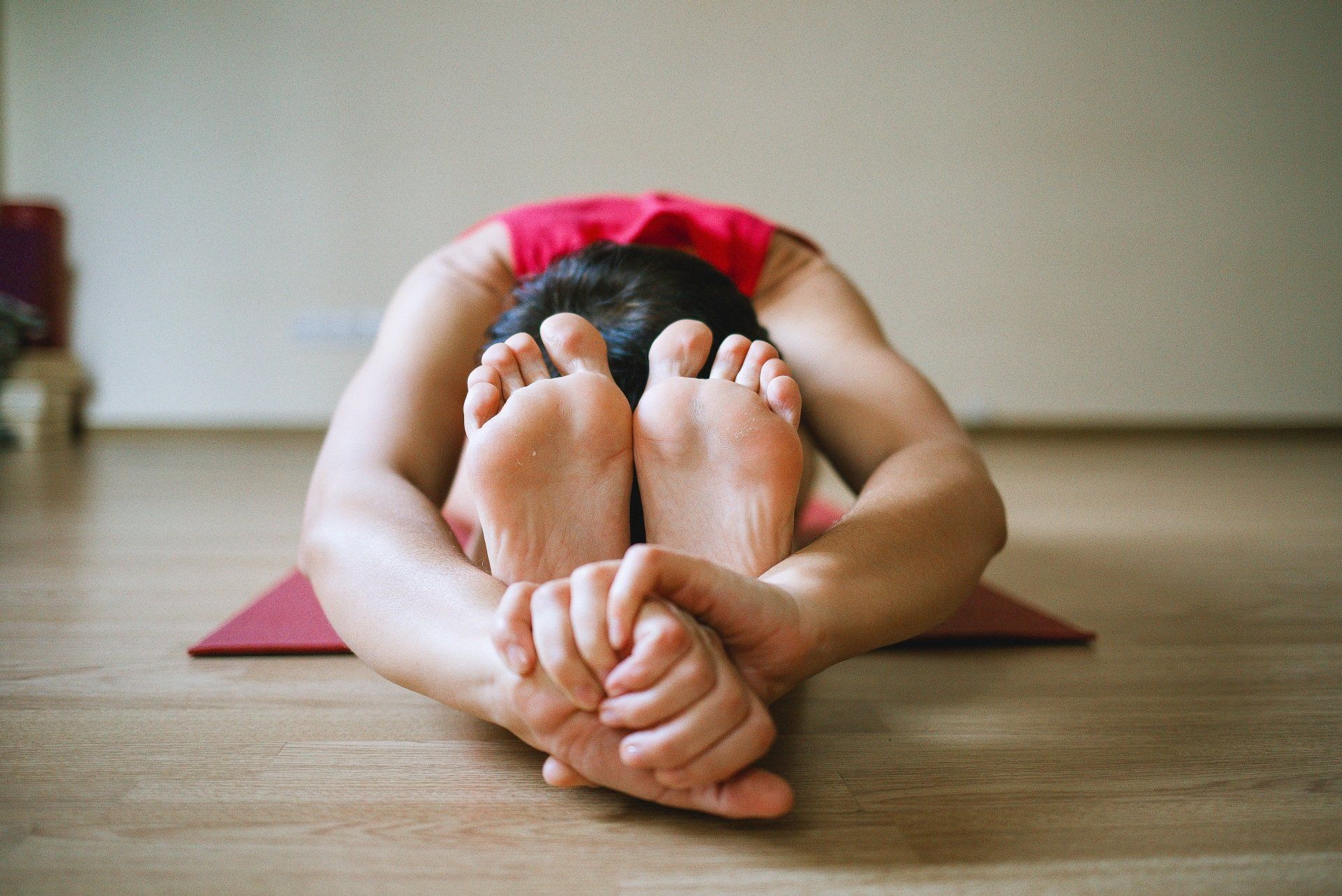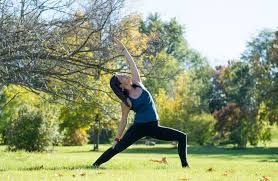What is Traditional Chinese Medicine?
- By Yoga Studio Calgary
- •
- 03 Jul, 2018
- •
Health and Healing with a Whole lot of Heart
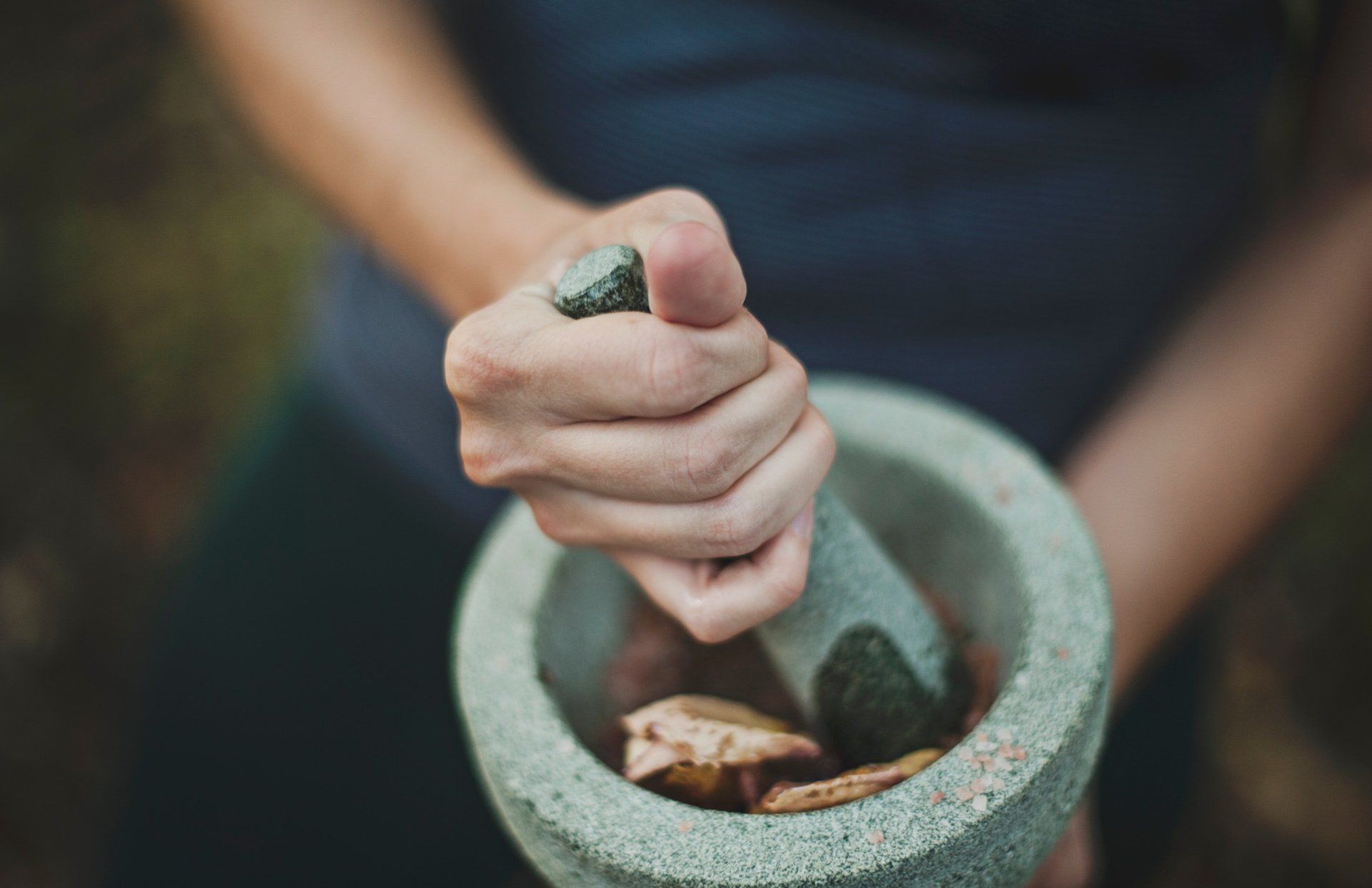
We may have jumped the gun a bit! Last month we wrote about cupping which is one form
of Traditional Chinese Medicine and in our excitement, we forgot to introduce you to what
Traditional Chinese Medicine is!! What a big, broad and all-encompassing topic this is.
That being said, we would like to break this concept down into a four-part series so that we
can fully share with you all the wonderful elements of TCM that we have grown to love and
understand.
We were personally drawn to Chinese Medicine because it is a medicine designed to help people stay well. Ancient doctors in China were only paid when their patients were healthy. Our practice and our chosen lifestyle is very much aligned with prevention; we are passionate about treating and educating our clients based on this tenant so that they can live their best life.
"Traditional Chinese Medicine (TCM) is one of the oldest forms of medicine, dating back over 5,000 years. Practitioners of TCM most commonly use acupuncture and herbs to treat patients, but there are several different modalities for treating various syndromes. .
Here’s a brief guide to different types of TCM treatments:
We were personally drawn to Chinese Medicine because it is a medicine designed to help people stay well. Ancient doctors in China were only paid when their patients were healthy. Our practice and our chosen lifestyle is very much aligned with prevention; we are passionate about treating and educating our clients based on this tenant so that they can live their best life.
"Traditional Chinese Medicine (TCM) is one of the oldest forms of medicine, dating back over 5,000 years. Practitioners of TCM most commonly use acupuncture and herbs to treat patients, but there are several different modalities for treating various syndromes. .
Here’s a brief guide to different types of TCM treatments:
Acupuncture
Acupuncture is a practice of placing of tiny, sterile needles through the skin in order to stimulate acupressure points targeting specific organs and functions of the body, while bringing balance to the flow of qi.
Chinese Herbs
Chinese herbs are medicinal substances prescribed for their healing properties and known
for restoring balance in the body. Chinese herbal treatments are mostly plant-based, but
occasionally use mineral or animal products. They may come in the form of tea, pills,
powders, lotions, pastes, and tinctures. Herb concoctions are typically created and
prescribed specifically for the patient’s diagnosis, although pills are available for more
generic symptoms.
Nutrition/Dietary Changes
TCM practitioners see diet as the first line of defense against disease. Like herbs, in
Chinese medicine, foods are considered to have healing or damaging
properties depending on how they affect one’s constitution or ailment. Foods are
categorized by either flavor (sweet, sour, pungent, salty, or bitter) or by nature (cool, cold,
warm, and hot/spicy). Practitioners believe that how food is cooked and prepared can
affect the nature of the food, and how it will assimilate in the body.
Moxibustion
This technique involves burning mugwort, a small spongy herb, to stimulate qi and
strengthen blood. The heated herb can be placed on top of the acupuncture needle or
indirectly placed near an area that is considered stagnant.
Cupping
One of the oldest forms of TCM, cupping involves placing one or more glass or silicone
cups on the surface of the skin. A suction is created either by heating the air inside the
glass cup or compressing the air of the silicone cup. The cups can be left in place for
several minutes or moved across the skin. Cupping can relax soft tissue, loosen
adhesions, enhance circulation to the local area and stimulate meridians.
Tui Na/Chinese Massage/Acupressure
Known by several different names, tui na is therapeutic massage designed for the specific
needs of the patient, used by practitioners to bring the body back into balance.
Practitioners believe that the effects of Chinese massage can be compared to
acupuncture, and sometimes describe it as acupuncture without the needles.
Qigong and Tai chi
These gentle exercises integrate various postures with deep breathing and mental focus.
People use these exercises to build strength, promote flexibility, calm the mind, and
restore balance in the body."
And we will leave you with a diet therapy-summer eating tip! In TCM, living in
harmony with the seasons is essential to good health. In the summer cooling foods
should be eaten. Raw fruits and vegetables are cooling in nature so it is the time to eat
lots of summer salads.
Foods to incorporate into your summer salads: apricot, cantaloupe, watermelon,
strawberries, tomatoes, lemon, peach, cucumber, orange, asparagus, sprouts, bamboo,
bok choy, broccoli, spinach, snow peas, summer squash, watercress, mint, dill, bean
sprouts.
For more information or to book an appointment:
Lynette at 403-512-9884 or www.ljwellness.com
Kathy at 403-710-5027
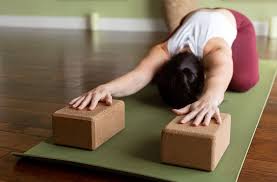
Inhale: 1-2-3-4-5. Exhale: 1-2-3-4-5. If you’ve been doing breathing exercises to feel calmer, happier, and more focused, you know how soothing yoga is.
Despite being an ancient practice, yoga has become increasingly popular, and for good reason. It is suitable for people of all ages and effective for treating chronic conditions.
Interestingly, scientists have discovered that this practice has several mental health benefits. Let’s explore the relationship between yoga and well-being, as well as the evidence-based benefits of yoga.

So, it’s THAT time of year again. The cards are out, flowers and chocolates in the shops, and the candlelit tables are all booked up weeks in advance. With good reason, many of us find it all rather superficial and insincere. Perhaps some of us might join the cynical chorus asking why we need a specific day to express our affection for someone else. We may even go as far as to accuse the the forces of capitalism of driving demand for “stuff”. But I’m not here to monologue on the meaningfulness of St. Valentine’s Day, and I’m certainly not here to criticise anyone for wanting to express themselves or to show affection for someone else (we all need to be doing this more, not less).
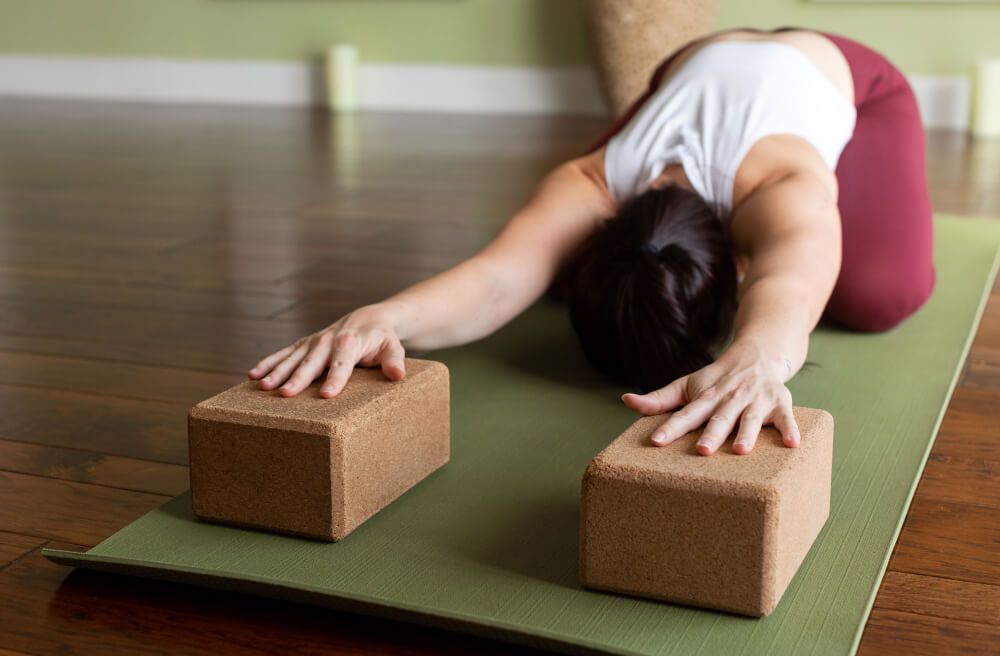
Can yoga reduce anxiety?Yes! Many studies have demonstrated the effectiveness of yoga in reducing stress, anxiety, and depression. In one study, women who participated in a three-month yoga program experienced significant improvements in perceived stress, anxiety, and depression. In another study, ten weeks of yoga helped reduce stress and anxiety for participants.

Happy New Year yogis! I’ve often found this time of year to be especially powerful in enhancing my yoga practice. Of course, yoga is always a powerful practice, but the gift of the new year brings deep reflection and introspection that can amplify processes of self-inquiry, expanding our spiritual awareness and commitment to yogic living.
